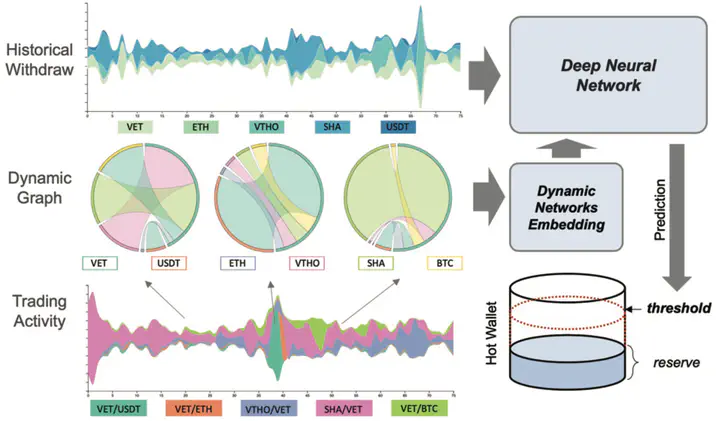Shoreline: Data-Driven Threshold Estimation of Online Reserves of Cryptocurrency Trading Platforms

Abstract
With the proliferation of blockchain projects and applications, cryptocurrency exchanges, which provides exchange services among different types of cryptocurrencies, become pivotal platforms that allow customers to trade digital assets on different blockchains. Because of the anonymity and trustlessness nature of cryptocurrency, one major challenge of crypto-exchanges is asset safety, and all-time amount hacked from crypto-exchanges until 2018 is over $1.5 billion even with carefully maintained secure trading systems. The most critical vulnerability of crypto-exchanges is from the so-called hot wallet, which is used to store a certain portion of the total asset of an exchange and programmatically sign transactions when a withdraw happens. Whenever hackers managed to gain control over the computing infrastructure of the exchange, they usually immediately obtain all the assets in the hot wallet. It is important to develop network security mechanisms. However, the fact is that there is no guarantee that the system can defend all attacks. Thus, accurately controlling the available assets in the hot wallets becomes the key to minimize the risk of running an exchange. However, determining such optimal threshold remains a challenging task because of the complicated dynamics inside exchanges. In this paper, we propose Shoreline, a deep learning-based threshold estimation framework that estimates the optimal threshold of hot wallets from historical wallet activities and dynamic trading networks. We conduct extensive empirical studies on the real trading data from a trading platform and demonstrate the effectiveness of the proposed approach.